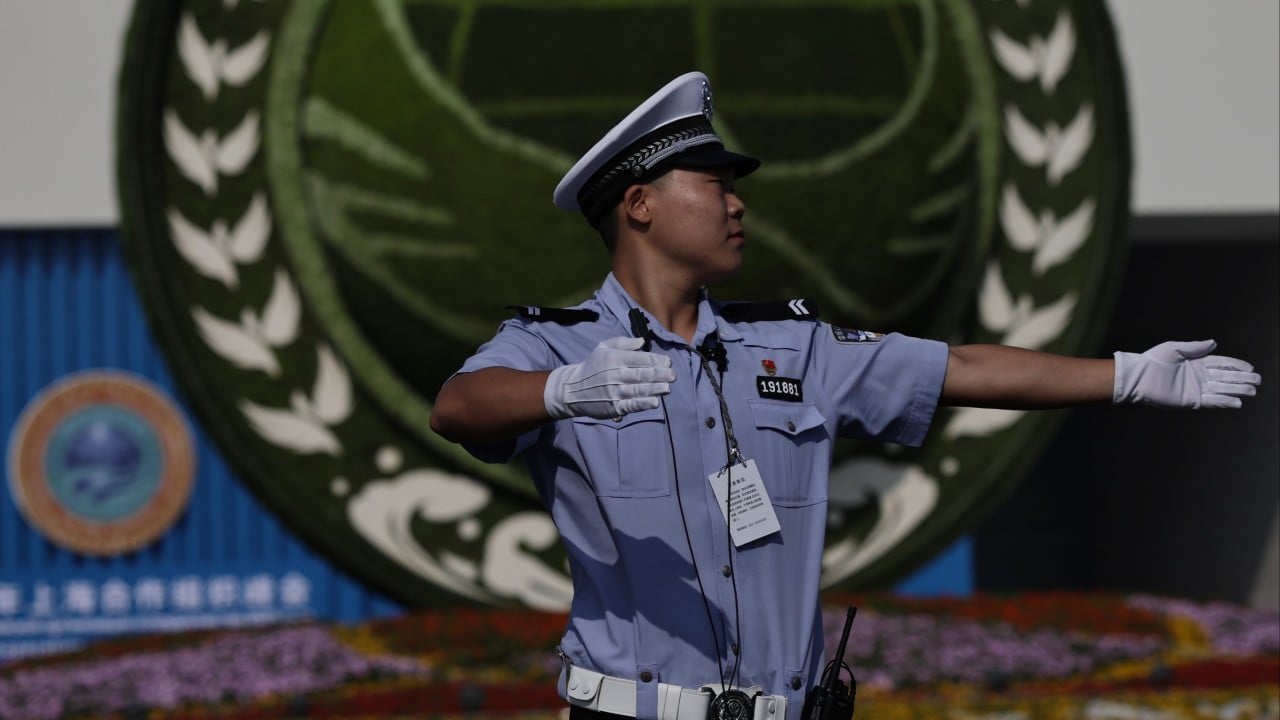Eighty years after World War II ended, the multilateral system is faltering. The United Nations, once the symbol of post-war peace and cooperation, is increasingly sidelined by unilateral actions and trade wars, amid the marginalisation of the Global South in decision-making.
Advertisement
We are at risk of a world where tariffs and sanctions replace negotiation, conflicts multiply and the very principles of international law are often ignored. If the international community is to avoid drifting further into fragmentation, new governance approaches are urgently needed.
It is in this moment of turbulence that the Shanghai Cooperation Organisation (SCO) gathered in Tianjin, China, for its largest summit ever, underscoring its growing role as a forum for stability, dialogue and development across Eurasia.
What began over two decades ago as a regional body to manage border security has evolved into a comprehensive institution with economic, cultural and, increasingly, global faces. The summit delivered not only political dialogue but also set forth new mechanisms of cooperation, including a SCO development bank.
Chinese President Xi Jinping also unveiled his Global Governance Initiative, the latest of proposals that include the Belt and Road Initiative, Global Development Initiative, Global Security Initiative and Global Civilisation Initiative. The new framework sets out five guiding principles: sovereign equality, adherence to the international rule of law, support for multilateralism under the UN system, people-centred development and action-oriented cooperation.
Advertisement
It is a critical salve for the ailings of today’s global system where some states raise tariffs and undermine global institutions, while others call for reform but fail to deliver. The SCO embodies the five principles, providing a platform for countries of different cultures, ideologies and political systems to cooperate.

